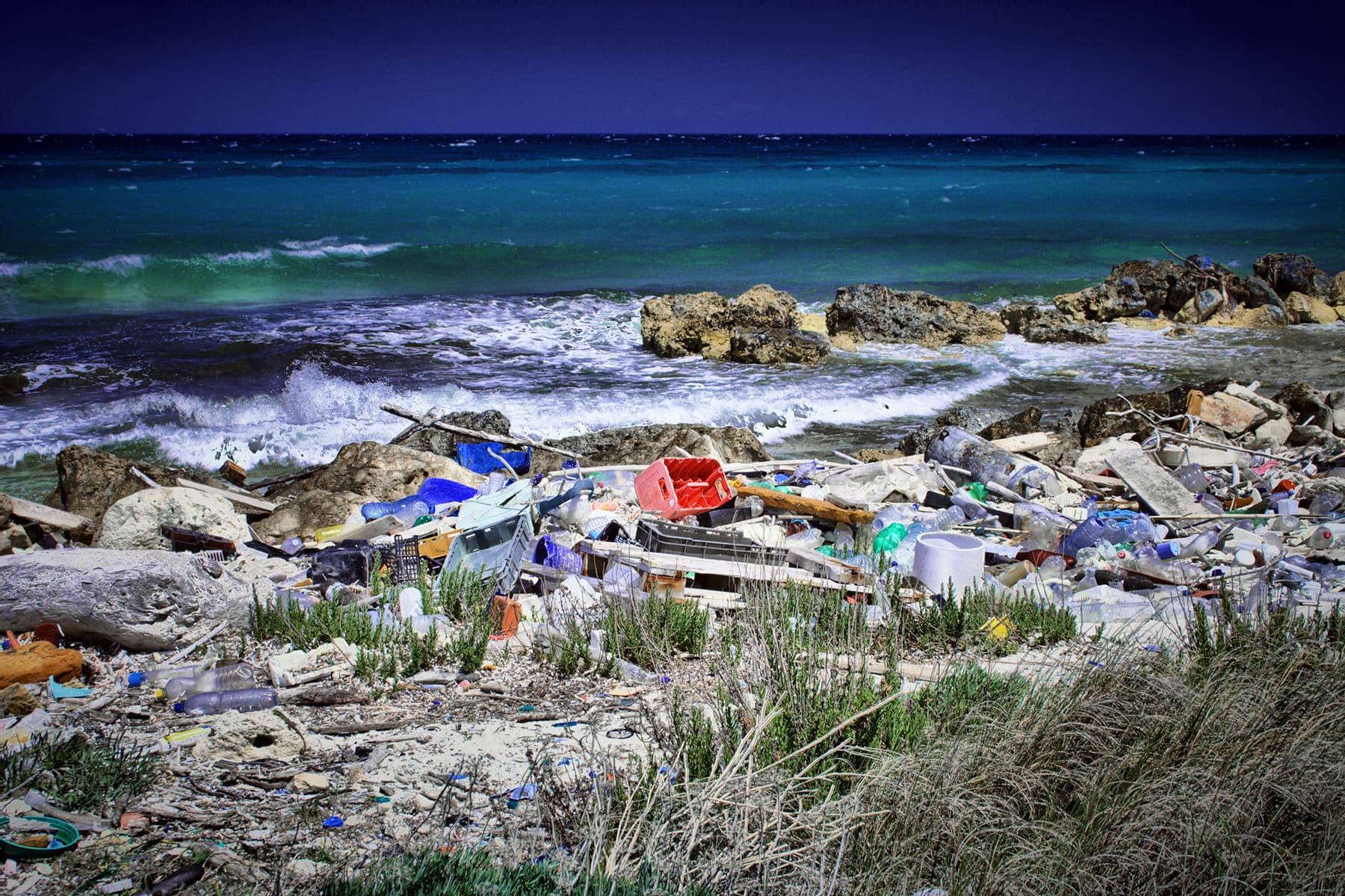Plastic Pollution
Having just wrapped up filming his new series about Earth's oceans, Blue Planet II, naturalist Sir David Attenborough offered some thoughts about society's concerning reliance on plastics. To get an idea of just how serious this issue has become, one study estimated that our oceans will contain more plastics than fish by 2050. Currently, our oceans contain over 269,000 tons worth of plastic.
The Guardian reported Attenborough as saying humanity holds the future of the planet "in the palm of its hands" at the launch of Blue Planet II. He went on to add that plastic pollution is one of the biggest concerns for Earth's oceans, alongside the impact of global warming. There's so much plastic residing in ocean waters now that trace amounts of it have been found in tap water. As concerning as that sounds, it's currently unclear how harmful this is to humans.
"What we’re going to do about 1.5 degrees rise in the temperature of the ocean over the next 10 years, I don’t know, but we could actually do something about plastic right now,” said Attenborough.
Fortunately, some have already taken steps to reducing plastic waste — if only by a little. A startup in India, for example, has developed edible spoons. On a much bigger scale, countries like France, India, and Kenya have banned the use of plastic bags, cups, plates, and utensils. Scientists have also discovered plastic-eating caterpillars, and a fungus capable of breaking down plastics.
Big Plans
As of yet, there's no formal plan in place to deal with plastic waste — at least nothing on the same scale as the Paris Climate Agreement to address climate change.
“I just wish we would," Attenborough said, "There are so many sequences that every single one of us have been involved in – even in the most peripheral way – where we have seen tragedies happen because of the plastic in the ocean."
Speaking about his experiences while filming Blue Planet II, Attenborough explained how the presence of so much plastic has already begun to affect certain wildlife. “We’ve seen albatrosses come back with their belly full of food for their young and nothing in it. The albatross parent has been away for three weeks gathering stuff for her young and what comes out? What does she give her chick? You think it’s going to be squid, but it’s plastic. The chick is going to starve and die. There are more examples of that. But we could do things about plastic internationally tomorrow.”
Attenborough didn't suggest how we could reduce plastic pollution, but noted that everyone on the planet has a responsibility to protect the world's oceans — even if you don't live close to the water.
“We may think we live a long way from the oceans, but we don’t. What we actually do here, and in the middle of Asia and wherever, has a direct effect on the oceans – and what the oceans do then reflects back on us.”
Share This Article
